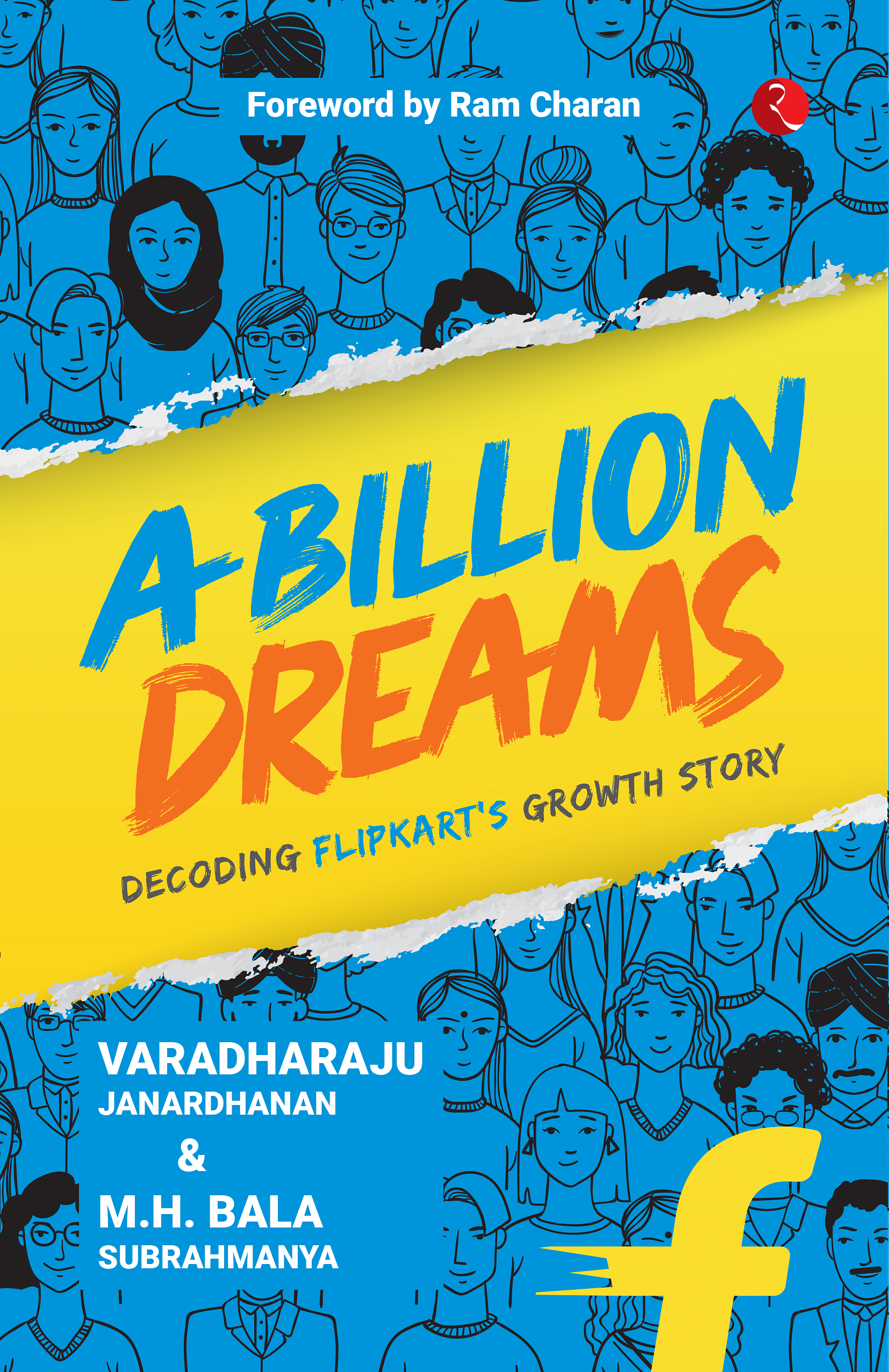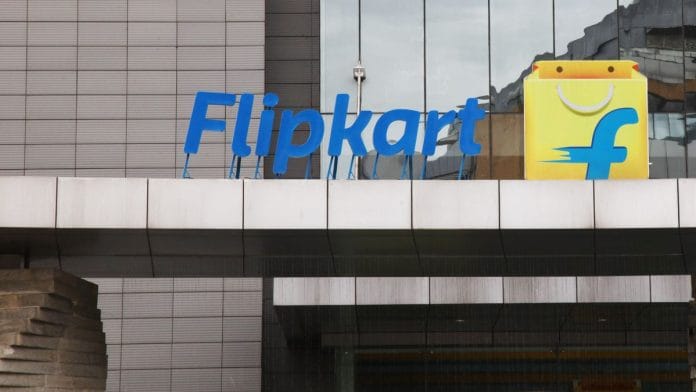The way Flipkart addresses the challenge of attrition is notable. Its unique internal culture not only attracts and retains talented employees but also nurtures their innovative spirit. By prioritizing a vibrant workplace culture, the company has created an environment that motivates employees to invest their skills and expertise in the company’s success. This sense of ownership and empowerment significantly contributes to employee satisfaction and loyalty, ultimately reducing attrition rates. Moreover, Flipkart’s emphasis on innovation and flexibility fosters an atmosphere of continuous learning, growth and care, which further engages and inspires employees to stay committed to the organization.
Such a work environment encourages employees to explore their creative potential, often leading to them launching their own start-ups. Many Flipsters exited the company and went on to create hundreds of start-ups. Some of these start-ups were later acquired by Flipkart or became strategic business partners, while others succeeded on their own. This way, Flipkart was able to turn employee attrition into an advantage by creating new opportunities for partnerships and acquisitions.
Moreover, the ability to provide a supportive work environment that values and nurtures creativity, innovation and employee growth reinforced Flipkart’s image as a coveted employer that prioritizes employee development. This, in turn, enabled the firm to attract and retain top talent, feeding into its continual success and growth trajectory.
Start-ups founded by former Flipkart employees—PhonePe (a digital payments company), Groww (a leading financial services platform), and Udaan (a B2B e-commerce platform), to mention a few—have steadily grown in popularity. These companies achieved valuations of over US$1 billion and went on to become unicorns. More recently, PhonePe, which is now backed by Walmart, took its valuation close to US$12 billion in 2022, with General Atlantic pouring another US$100 million in 2023 in an ongoing funding round. That is noteworthy, and warrants consideration.
What motivated these employees to pursue their entrepreneurial ambitions? How did ex-Flipsters contribute so significantly to the Indian start-up ecosystem in such a short time?
These ex-Flipsters were exposed to a vibrant entrepreneurial culture at Flipkart that helped prepare its employees to become successful start-up founders. Founded by entrepreneurs who themselves came from a start-up background, Flipkart built an entrepreneurial culture that encouraged innovation, risk-taking and creativity.
Owing to the entrepreneurial culture prevalent within the organization, Flipkart developed a unique model of corporate entrepreneurship from which it consistently gained. This entrepreneurial culture facilitated new ventures and innovations internally, and the generation of entrepreneurship for new ventures externally by ex-Flipsters.
Firms of all sizes need an entrepreneurial bent of mind to survive and perform in a competitive environment. While it might be extremely difficult to repeat the brilliant entrepreneurial success achieved at the beginning by start-up founders, for a growing firm to succeed in the long run, there is a constant need to develop an entrepreneurial spirit and innovative climate at all organizational levels, from the top management to each individual employee at every operational level.
Ensuring an entrepreneurial culture within an organization starts with acknowledging that it takes a people-centric approach to drive progress, that it ultimately depends on the people within the organization to drive innovation and creativity. An entrepreneurial culture is characterized by a willingness to take risks and try new things, which requires a certain mindset and set of behavioural norms from employees. It is an environment in which new ideas and creativity are expected, experiments are encouraged, failure is tolerated, learning is promoted, product and process innovations are championed, and continuous change is viewed as a conveyor of opportunities. A culmination of these behavioural norms and cognitions shared by employees within an organization leads to an entrepreneurial culture.
The success of an entrepreneurial culture also hinges on an efficient people management strategy that aligns with and supports this culture. This includes aspects such as hiring the right people—those who are innovative, creative and willing to take risks—and providing them with the resources they need to succeed. It also means creating a work environment that allows for experimentation, and learning from failure, rather than reprimanding or stigmatizing it. Entrepreneurial culture tolerates risk-taking and empowers employees to undertake calculated risks and manage outcomes efficiently. Open communication and high-quality teamwork are other important elements of entrepreneurial culture. These key traits are evident in Flipkart’s employees and even in those who joined Flipkart through M&As. They are also reflected in the workings of the ex-Flipsters who went on to create their own start-ups.
The first step is hiring the right people who exhibit this entrepreneurial mindset. The second is to ensure they get consistent access to the required resources and culture that engage and enable them. This boosts the morale of a talented workforce and develops a sense of commitment and belonging, thereby inspiring them to give their best to the organization.
 This excerpt from A Billion Dreams: Decoding Flipkart’s Growth Story by Varadharaju Janardhanan and MH Bala Subrahmanya has been published with permission from Rupa Publications.
This excerpt from A Billion Dreams: Decoding Flipkart’s Growth Story by Varadharaju Janardhanan and MH Bala Subrahmanya has been published with permission from Rupa Publications.






